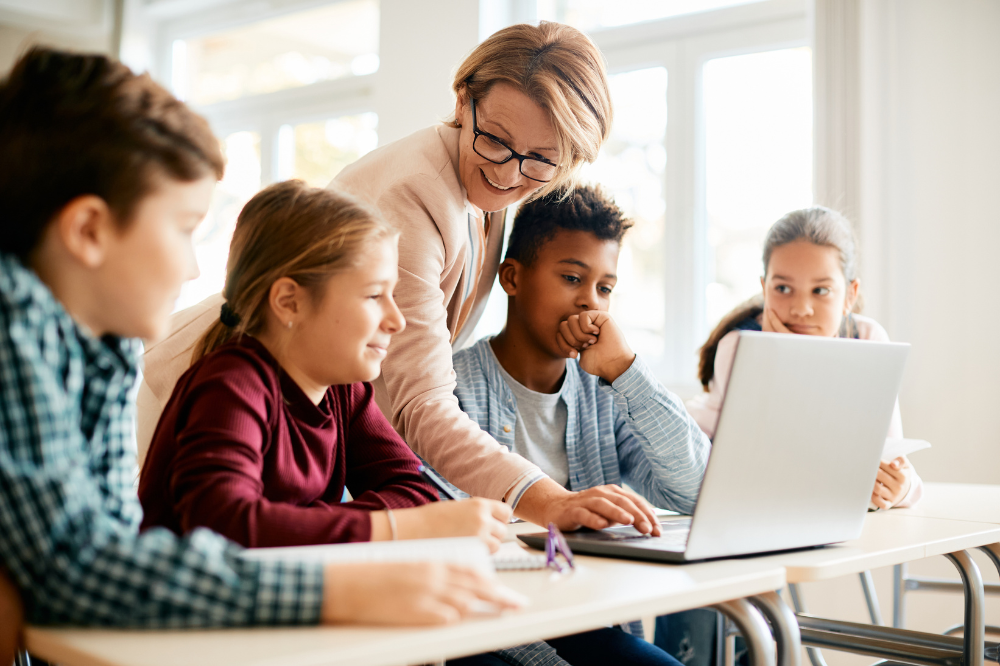
With online child sexual abuse and exploitation on the rise, a leading researcher is calling for media literacy as an “essential line of defence” against this crisis.
In the 2022–23 financial year, the Australian Centre to Counter Child Exploitation (ACCCE) received 40,232 reports of child sexual exploitation, each containing images and videos of children being sexually abused or exploited.
In a bid to combat this, the Federal Government recently passed legislation to ban children under 16 from accessing social media platforms such as Facebook, Instagram, TikTok, X (formerly Twitter), and Snapchat.
For their part, Australia’s schools provide materials and programs advising adolescents against risky behaviours. However, one expert says such approaches are often ineffective.
Media literacy extends beyond learning digital tools
Associate Professor Lesley-Anne Ey, a researcher at Education Futures and the Australian Centre for Child Protection at the University of South Australia, said adolescents are naturally more inclined to take risks, and they benefit more from applied critical thinking skills than they from being told what not to do.
“They need a way to gain a practical understanding of online risks,” Associate Professor Ey said.
To address these challenges, Associate Professor Ey advocates for early media literacy education for young children before they begin venturing into online spaces.
“Young children, who are increasingly online, need to start developing their online safety skills and awareness early,” she said.
"Media literacy extends beyond learning digital tools; it involves understanding how these tools influence identity, choices, and safety.”
Without this education, children may unwittingly expose sensitive information, says Associate Professor Ey.
“For example, if they post photos without removing metadata, or leave location services on, they’re revealing details that can make them more vulnerable. Media literacy is not just about fake news – it is being able recognise the signs of manipulation and be aware of the hazards of the digital environment,” she said.
“If media literacy is not a part of the protective measures we take against sexual abuse and exploitation, and protecting against those harms is not part of media literacy; then both are missing something fundamental.”
Critical thinking is key
Critical thinking, according to Associate Professor Ey, is a skill that goes beyond preventing online exploitation.
“When we teach young people to ask questions about the media they consume—who created it, for what purpose, and what its impact might be—they develop a toolkit for assessing all types of content,” she said.
“This empowers them to spot misinformation, identify manipulated images, and recognize fake profiles, all of are the tools of online predators.”
She also pointed out that perpetrators are strategic in their approach, often engaging children on accessible platforms like gaming and social media before shifting to private messaging to avoid detection.
"Teaching children to evaluate their online interactions critically—questioning who they’re speaking to and why – can disrupt these plans,” she said.
Associate Professor Ey says young people must be taught about privacy settings and be made aware of the choices they make that exposes their personal data.
“Children need to understand what it means to click ‘accept’ on terms and conditions, or to share content publicly. This awareness can help them protect their privacy and reduce vulnerability, as it enables them to make informed choices about what and with whom they share,” she said.
"Media literacy is not just about preventing harm; it’s about equipping young people to navigate a complex digital world with confidence.”


